The European Parliament unanimously calls for the recognition of ecocide
The European Union is currently revising Directive on the protection of the environment through criminal law. After a unanimous vote in the Legal Affairs Committee on March 21, the European Parliament adopted on Wednesday 29 March 2023 its position to include ecocide, with a solid definition, in European law, and to recognize autonomous crimes against the environment.
For Marie Toussaint, Member of the European Parliament and of the Ecocide Alliance: "It took more than 50 years of international discussions for the subject of the recognition of ecocide, the most serious crimes against the environment, to be seriously put on the table. 50 years during which climate disruption, the destruction of biodiversity, chemical pollution, ocean acidification, deforestation... in short: the deadly attacks on humans and nature, have multiplied, most often with impunity for their perpetrators. Dioxin in Vietnam, Bhopal, Chernobyl or Fukushima disasters, Deepwater Horizon or Prestige oil spills, the Probo Koala affair... These massive crimes against ecosystems and human health have not led to any proportionate criminal sentence - thus hindering any dissuasive role of criminal law.
The recognition of ecocide was for the first time put on the table by the Europeans themselves, through the voice of Olof Palme, Prime Minister of Sweden in 1972, at the opening of the first major international summit on Earth. It has since been recognized in a dozen states of the former USSR, starting with Russia and Ukraine, which is now urging the Union to recognize it. Vietnam also recognized ecocide following the use of Agent Orange by the American army, a dioxin that continues to claim human and non-human victims today.
In recent years, thanks to the work of the Stop Ecocide Network, lawyers and activists around the world, the issue of ecocide has resurfaced. The litigation cases that we have taken, for the climate or for the rights of nature, have contributed to reviving the urgency of dealing with attacks on living beings in and through the law.
This has now been done in Europe, and with force, since all the political groups in the European Parliament are now calling for the inclusion of ecocide in our domestic law, and its recognition at the UN level. The EU Member States represent 40% of the States parties to the International Criminal Court; to register ecocide in their domestic law could therefore have a ratchet effect to condemn this crime at the global level.
I am very happy to have been able, with the International Alliance of Parliamentarians for the Recognition of the Ecocide that I created in October 2020, to succeed in creating a majority in the European Parliament. The text will now go through a new phase of negotiations with EU Member States and the European Commission, and I will again need help from the Ecocide Alliance to convince each of the Member States. For if they accede to the request of the European Parliament during the “trilogues”, as Belgium and Finland have already done, we will close the loop opened by Olof Palme in 1972 and give back to Europe the pioneering role in the fight against environmental crime that should always have been its own."
And the recognition of autonomous crimes against the environment
"This is not all, because the European Parliament also proposes the recognition of autonomous crimes against the environment, a crime that exists only in Italy to date. With this new offense, all attacks on living beings whose intrinsic value is finally recognized will be punished: it will no longer be possible to hide behind administrative authorizations obtained fraudulently or not, as soon as the danger was known. This is a real leap forward, recently called for by the French Court of Cassation, for an environmental law that is equal to the value attributed to it by the citizens.
The Parliament also wants to strengthen penalties for environmental crimes (up to 10% of a company's turnover) and to extend the jurisdiction of Member States when a crime has been committed outside the EU, but by or on behalf of a European company. Finally, the European Parliament calls on the European Commission to work towards extending the competences of the European Public Prosecutor's Office to include environmental crime."
